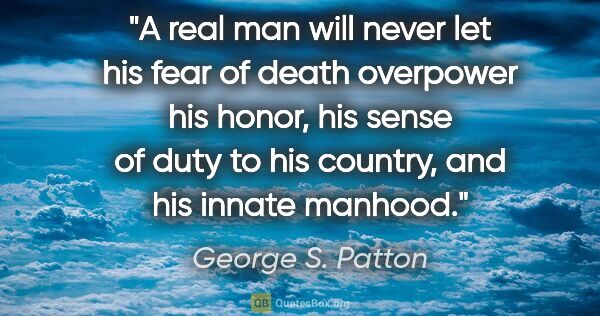Hi Quotes (page 40)
It was pitch dark. I could hear only the violin, and it was as though Juliek's soul were the bow. He was playing his life. The whole of his life was gliding on the strings--his last hopes, his charred past, his extinguished future. He played as he would never play again...When I awoke, in the daylight, I could see Juliek, opposite me, slumped over, dead. Near him lay his violin, smashed, trampled, a strange overwhelming little corpse.
Elie Wiesel
O cousin Kate, my love was true, Your love was writ in sand: If he had fooled not me but you, If you had stood where i stand, He'd not have won me with his love, Nor bought me with his land; I would have spit into his face. And not have taken his hand. Yet I have a gift you have not got, And seem not like to get: For all your clothes and wedding-ring. I've little doubt you fret. My fair-haired son, my shame, my pride, Cling closer, closer yet: Your father would give lands for oneto wear his...
Christina G. Rossetti


With their hands still joined, he laid them on her stomach. "I love you," he murmured, "both."Caine." And his name was muffled against his mouth. "I have so much to learn in only seven months."We have a lot to learn in seven months," he corrected. "Why don't we go upstairs." He buried his face into her hair and drew in her scent. "Expectant mothers should lie down-" he lifted his head to grin at her "-often."With expectant fathers," Diana agreed, laughing when he swept her into his arms.
Nora Roberts
[Inigo corners Count Rugen, knocks his sword aside, and slashes his cheek, giving him a scar just like Inigo's] Inigo Montoya: Offer me money. Count Rugen: Yes! Inigo Montoya: Power, too, promise me that. [He slashes his other cheek] Count Rugen: All that I have and more. Please... Inigo Montoya: Offer me anything I ask for. Count Rugen: Anything you want... [Rugen knocks Inigo's sword aside and lunges. But Inigo traps his arm and aims his sword at Rugen's stomach] Inigo Montoya: I want my...
William Goldman
And there you see the distinction between our feelings: had he been in my place, and I in his, though I hated him with a hatred that turned my life to gall, I never would have raised a hand against him. You may look incredulous, if you please! I never would have banished him from her society as long as she desired his. The moment her regard ceased, I would have torn his heart out and drank his blood! But, till then - if you don't believe me, you don't know me - til then, I would have died by...
Emily Bronte
will you remember this day Gogol?'his father asked , turning back to look at him, his hands pressed like earmuffs to either side of his head . 'How long do I have to remember it' . Over the rise and fall of the wind , he could hear his father's laughter.He was standing there , waiting for Gogol to catch up , putting out a hand as Gogol drew near. 'Try to remember it always' he once Gogol had reached him , leading him slowly back towards the breakwater , to where his mother and Sonia stood...
Jhumpa Lahiri
Poetry is cathartic only for the unserious, for in front of the rush of expressive need stands the barrier of form, and when the hurdler's scissored legs and outstretched arms carry him over the bars, the limp in his life, the headache in his heart, the emptiness he's full of, are as absent as his street-shoes, which will pinch and scrape his feet in all the old leathery ways once the race is over and he has to walk through the front door of his future like a brushman with some feckless...
William Gass
The judge who sits over the murderer and looks into his face, and at one moment recognizes all the emotions and potentialities and possibilities of the murderer in his own soul and hears the murderer's voice as his own, is at the next moment one and indivisible as the judge, and scuttles back into the shell of his cultivated self and does his duty and condemns the murderer to death.
Herman Hesse
I once saw a convict who had been twenty years in prison and was being released take leave of his fellow prisoners. There were men who remembered his first coming into prison, when he was young, careless, heedless of his crime and his punishment. He went out a grey-headed, elderly man, with a sad sullen face. He walked in silence through our six barrack-rooms. As he entered each room he prayed to the ikons, and then bowing low to his fellow prisoners he asked them not to remember evil against...
Fyodor Dostoevsky